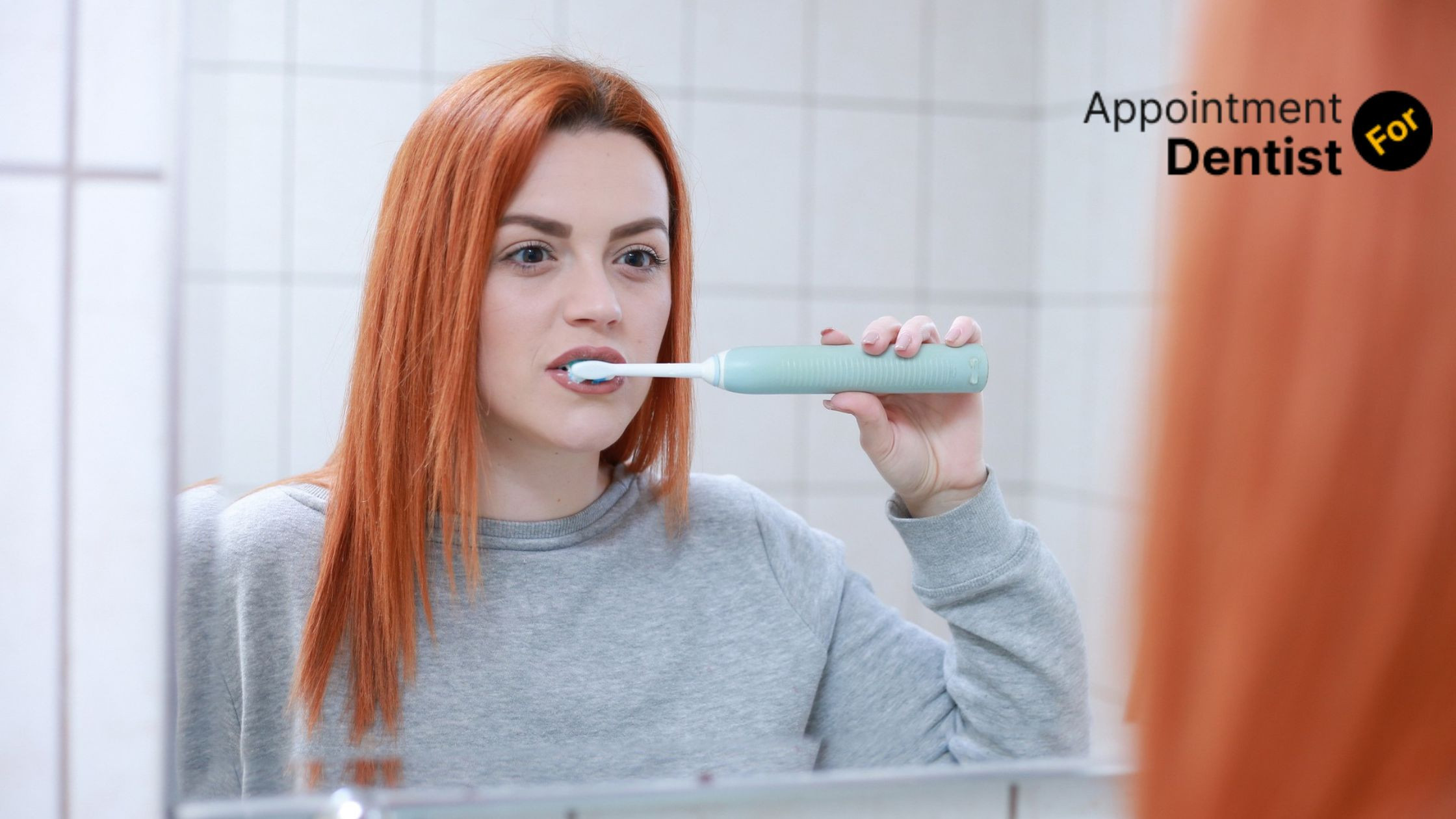Comprehensive Guide to Achieving Optimal Oral Health
Posted on March 15, 2024 by Admin

Regular dental appointments are fundamental to maintaining not only oral health but also overall well-being. These routine visits to the dentist serve as proactive measures to detect and address potential dental issues before they escalate into more serious problems. By emphasizing the importance of preventive care, dental appointments provide individuals with the opportunity to safeguard their oral health through early detection and intervention.
Understanding the Importance of Regular Dental Checkups.
Regular dental checkups are essential for timely detection and management of issues like cavities, gum disease, and oral infections. Early identification empowers dentists to provide swift and minimally invasive treatments, preventing escalation and reducing the need for extensive procedures later on. This proactive care not only preserves oral health but also enhances overall well-being. Prioritizing routine checkups is key to protecting oral health and enjoying lasting dental wellness.
The Role of Preventive Dentistry in Maintaining Oral Health.
Preventive dentistry practices like dental cleanings, fluoride treatments, and sealants play a crucial role in warding off cavities, gum disease, and other oral health issues. These proactive measures help maintain oral hygiene and strengthen tooth enamel, reducing the risk of dental problems and promoting long-term oral wellness.
Navigating the Dental Appointment Process: What to Expect.
In a standard dental appointment, patients are greeted warmly and guided through a smooth check-in process. The session kicks off with a meticulous cleaning by the dental hygienist, targeting plaque and tartar buildup. Following this, the dentist conducts a thorough examination of the teeth, gums, and adjacent tissues, employing techniques like visual inspection, probing, and X-rays when needed. Post-examination, the dentist communicates any findings to the patient and proposes appropriate treatment strategies.
Maximizing Your Dental Appointment: Questions to Ask Your Dentist
Patients can enhance their understanding of oral health, treatment options, and preventive measures by asking key questions during dental appointments. These inquiries may include queries about current oral health status, preventive measures, available treatment options, associated risks, costs, and ways to minimize discomfort. By actively engaging with their dentist, patients can make informed decisions regarding their dental care.
The Benefits of Scheduling Routine Dental Cleanings.
Regular dental cleanings offer a myriad of advantages that extend far beyond just a sparkling smile. By adhering to a consistent schedule of dental cleanings, individuals can enjoy the thorough removal of plaque and tartar buildup, thereby significantly reducing the risk of dental complications such as cavities and gum disease. Furthermore, these routine cleanings play a pivotal role in bolstering overall oral hygiene, ensuring that teeth and gums remain healthy and vibrant. Embracing the practice of regular dental cleanings not only enhances dental aesthetics but also contributes to long-term dental wellness, providing individuals with a foundation for a lifetime of optimal oral health.
What Constitutes a Dental Emergency?
A dental emergency encompasses a range of urgent situations involving the teeth, gums, or oral tissues that require immediate attention from a dental professional. These emergencies often involve severe pain, trauma, or infection and necessitate prompt treatment to alleviate discomfort, prevent further damage, and preserve oral health.
Faqs
-
1. What qualifies as a dental emergency?A dental emergency demands immediate attention from a dentist due to severe pain, trauma, or infection. Examples include intense toothaches, broken teeth, abscesses, and sudden swelling or bleeding in the mouth. Seeking urgent care from a dentist is vital for managing these emergencies and preserving oral health.
-
2. How can I distinguish between a dental emergency and a non-emergency issue?Dental emergencies typically involve severe pain, trauma, or symptoms that significantly impact daily activities. If you're experiencing intense discomfort, sudden swelling, bleeding that doesn't stop, or damage to teeth due to trauma, it's likely a dental emergency. Non-emergency issues may include minor tooth sensitivity, loose fillings, or mild gum irritation.
-
3. What should I do if I experience a dental emergency outside of regular office hours?Encountering a dental emergency outside regular office hours warrants prompt care. Fortunately, many dental practices provide emergency services or have on-call dentists available. Alternatively, you can seek immediate assistance at an urgent care facility or hospital emergency room. Acting swiftly ensures timely treatment and relief from dental distress.
-
4. Why is it crucial to seek prompt treatment for dental emergencies?It's essential to seek immediate treatment for dental emergencies to ease pain, prevent complications, and maintain oral health. Delaying care can worsen symptoms, heighten infection risks, and even result in irreversible damage or tooth loss. Quick intervention by a skilled dentist guarantees the most favorable outcome for your oral well-being and overall health.
Recent Post
- The Importance of Oral Health Education for Children
- How to Choose the Right Orthodontic Treatment for Adults
- The Link Between Oral Health and Stroke Risk
- How to Address and Prevent Gum Recession
- Innovations in Dental Anesthesia: Pain-Free Procedures
- The Role of Saliva in Oral Health: Functions and Disorders
- Exploring Holistic Dentistry: What You Need to Know
- How Oral Health Affects Your Immune System
- The Benefits of Using Dental Probiotics
- Oral Health and Pregnancy: Myths and Facts